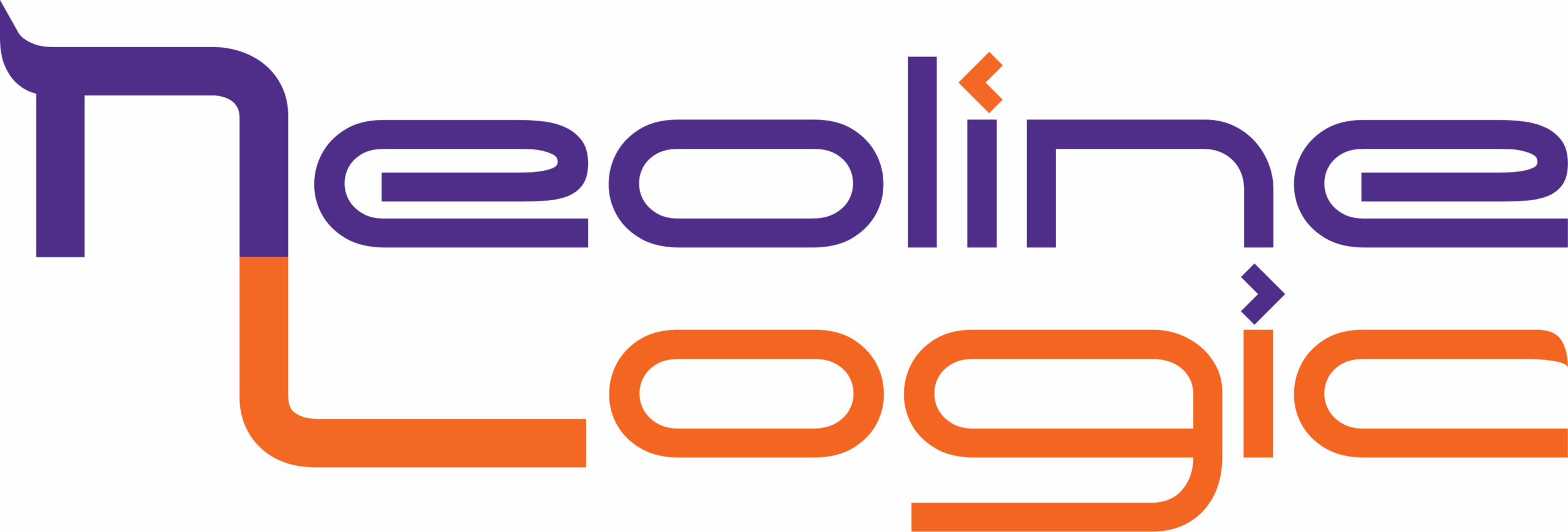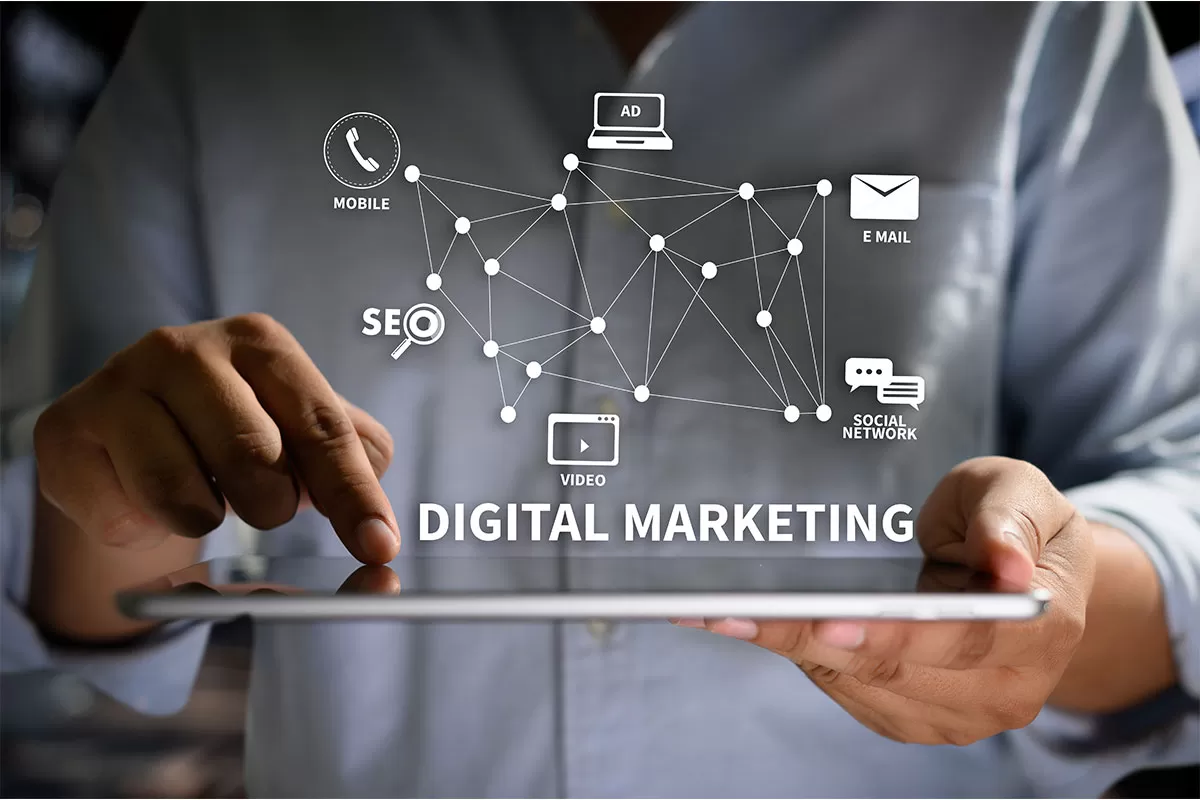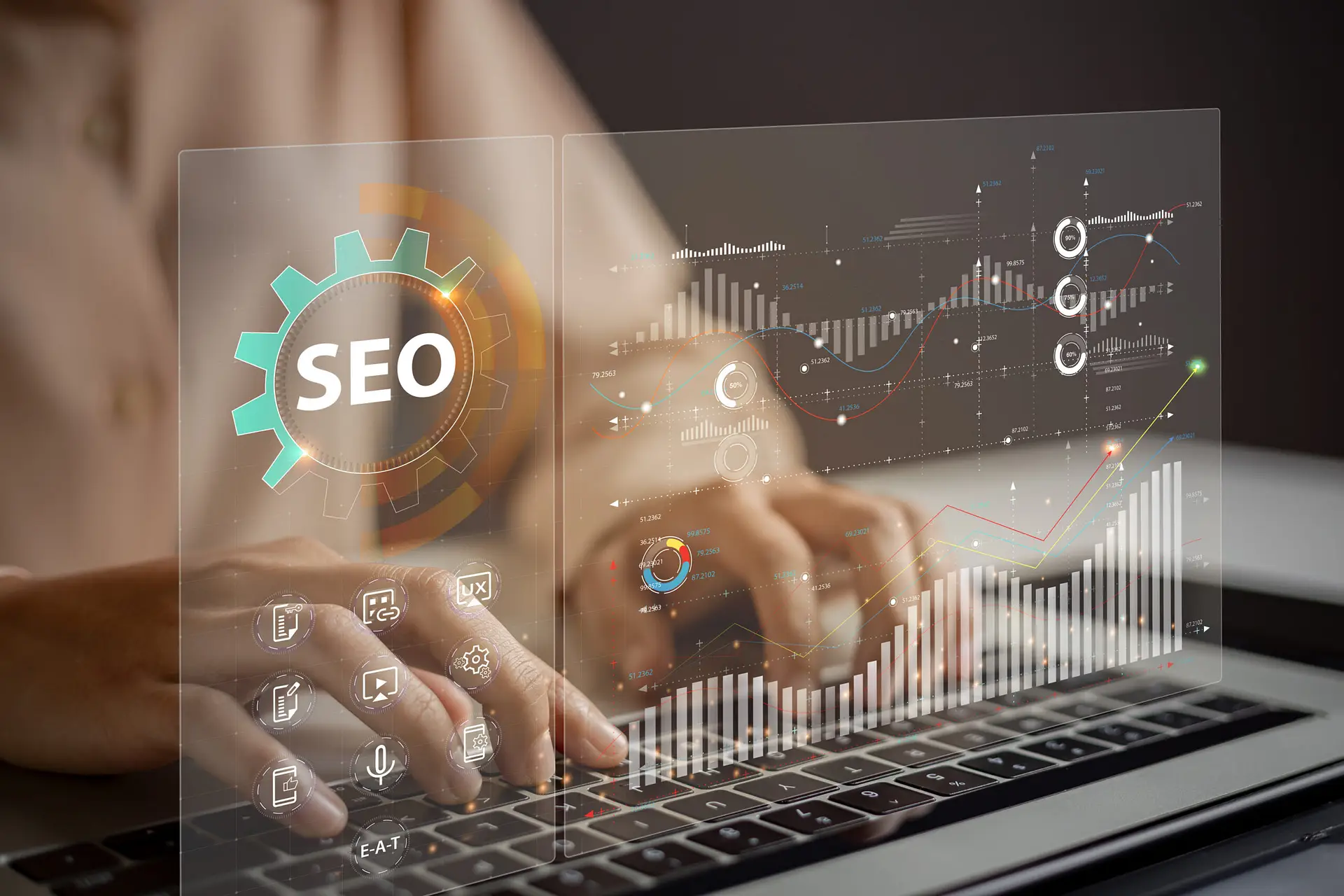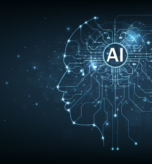In 2025, generative AI has evolved from a fascinating concept into an essential tool integrated into the core of business operations. Whether it’s drafting legal contracts, creating marketing content, or coding new features, AI is no longer just assisting professionals—it’s collaborating with them.
Modern businesses are leveraging AI-powered platforms to generate proposals, customer emails, ad copy, and even product descriptions at scale. This automation doesn’t just reduce turnaround times; it enhances creativity by providing teams with a wellspring of ideas, prototypes, and variations they can refine and adapt. With natural language processing (NLP) and image-generation capabilities reaching human-like fluency, content creation has been revolutionized.
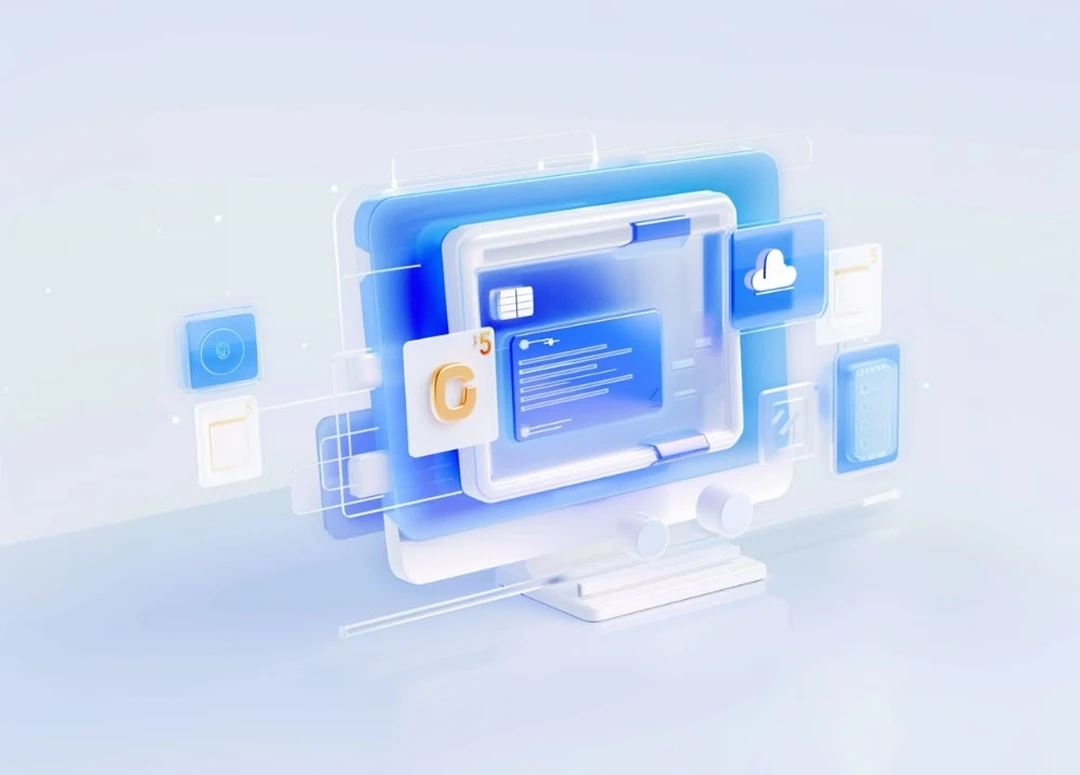

Beyond content, generative AI is now embedded in data analysis. Instead of manually building reports, teams ask AI systems to analyze data trends, forecast outcomes, and recommend actions—all through simple conversational interfaces. This democratization of analytics is giving non-technical employees the power to make data-driven decisions without needing complex tools or deep expertise.
Ultimately, generative AI is not replacing professionals—it is amplifying their potential. The companies that treat AI as a strategic partner rather than a novelty are gaining a substantial competitive edge.
Security and transparency remain critical as organizations deploy these powerful tools. Businesses are investing in AI governance frameworks that ensure responsible usage, bias mitigation, and proper attribution. Training employees on how to collaborate effectively with AI has also become a priority.
